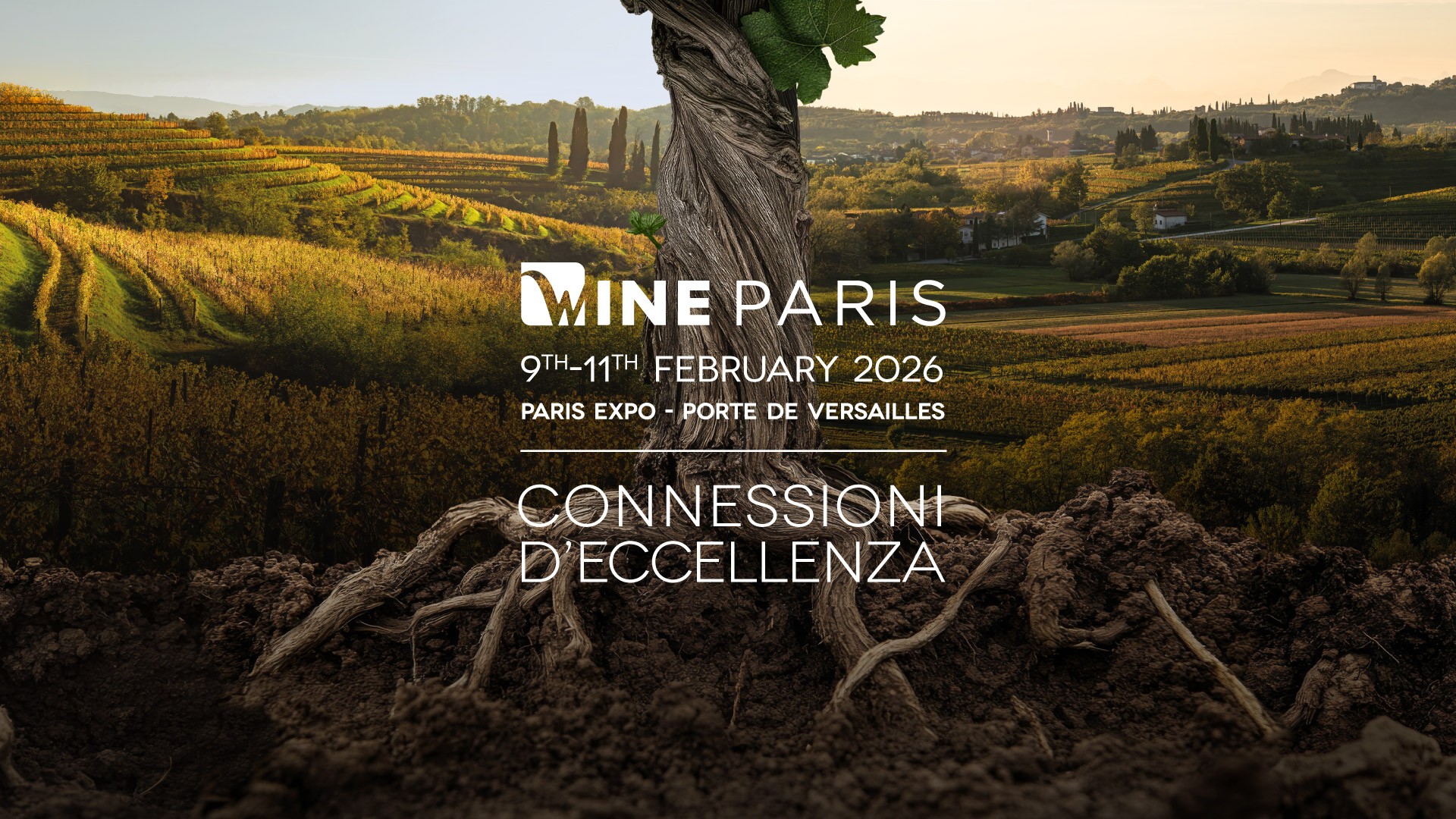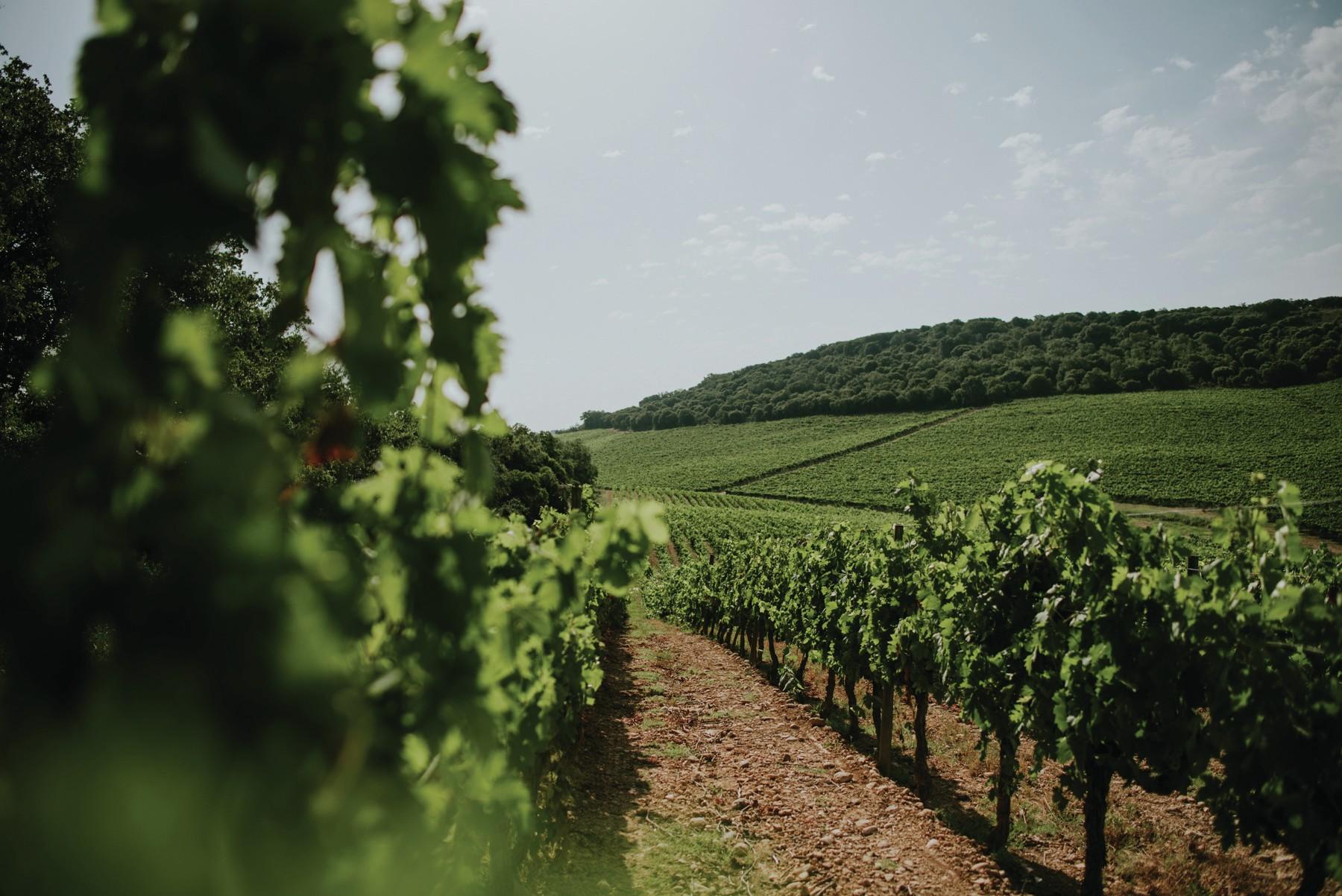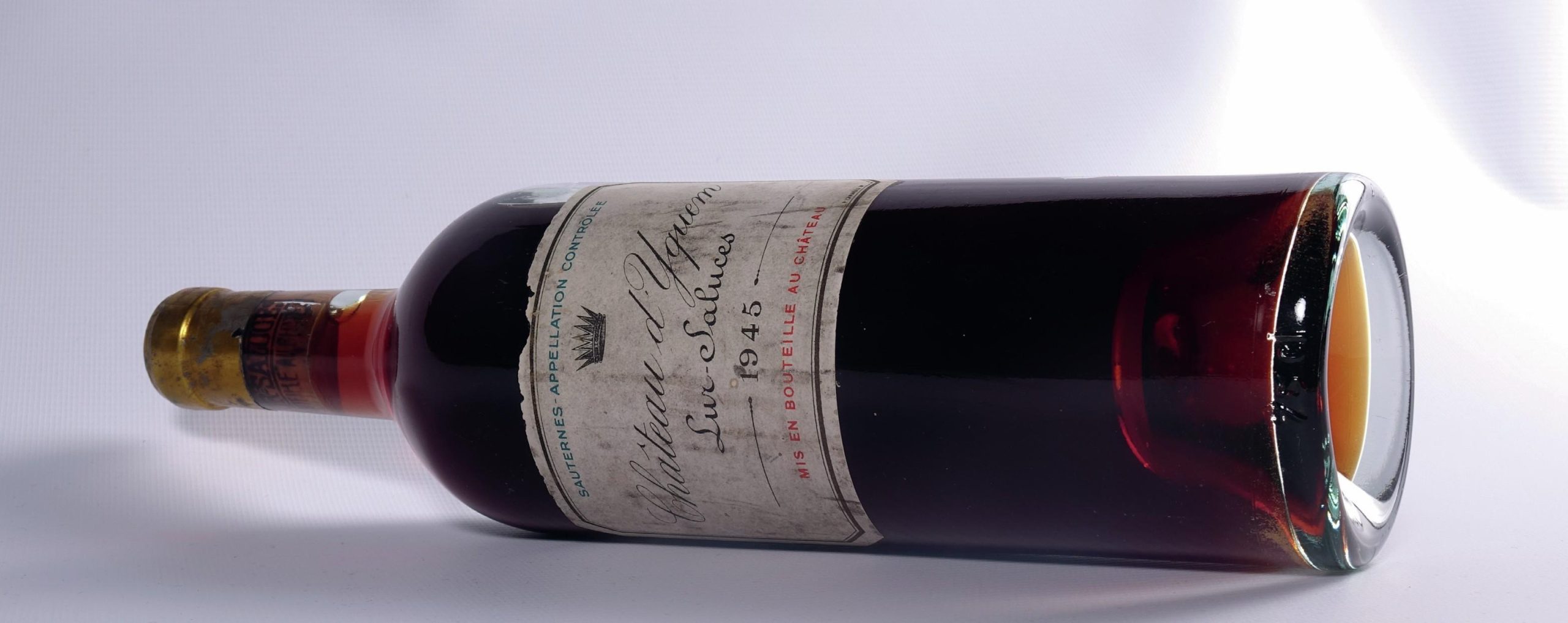Hartley: Buyers need to sort ‘charlatans’ from the genuine
UK wine merchant Corney & Barrow’s recent rejection of a suspect case of 1947 Burgundy illustrates its on-going drive to shut out fakes and build consumer confidence in fine wine.
Sales director, Oliver Hartley, recently told the drinks business that the merchant is keen to be more vocal about the way it operates and the measures it takes to offer its clients genuine cases of fine wine – in an understated sort of way.
The company’s London office was recently approached by a trader offering 12 bottles of 1947 Domaine Comte Georges de Vogűé Musigny Vieilles Vignes but rejected it after contacting the estate.
The bottles had apparently been sold at auction before but did not come packaged in an original case.
Speaking to the drinks business shortly before the wine was offered to the merchant and then rejected, Hartley had talked about how the merchant was striving to ensure the provenance of all fine wines it handles and establish itself in the eyes of buyers and clients as a trustworthy source.
Hartley explained: “We’re always aware we’re very discreet which is all very well – especially for our private clients.
“But we see other companies blowing their own trumpet and it’s about time we did too – without being too vulgar of course.”
High profile cases such as Rudy Kurniawan have seized headlines in recent years and Hartley said that there would always be “scare stories” of fakers and dodgy practices but what perhaps really needed “air time” were certain practices which are still comparatively common, practices that would “make your toes curl”.
The re-selling of pristine cases around the world, “in perfect innocence sometimes”, which can then be re-filled and sold on as an original case is one low-level but pervasive practice that needs to be stamped out.
It is of course a problem that is hard to combat when there are, “a significant number of people who want something so badly that they – and perhaps their supplier – are perhaps less cautious than they might otherwise be.”
Partner Content
Hartley explained that Corney & Barrow largely got around this problem by having a number of exclusives with sought-after estates such as Pétrus and Domaine de la Romanée-Conti and by sourcing “95%” of the wines it trades on the secondary market through its own customers’ reserves – when they want to sell of course.
Therefore, that Corney & Barrow rejected the Burgundy bottles is not surprising. Although Hartley said “we happily take in wines bought by clients from other merchants,” they are identified by a different code in Octavian’s cellar and if the client asks to trade it Corney & Barrow will either politely refuse or put it through a “rigorous” inspection.
Quite simply, Hartley continued, the merchant is cautious because while it would be easier to simply sell any wine they could and be far more profitable, in the long run, it would be immensely damaging.
“If,” he postulated putting himself in the place of a client, “I have a case of La Tâche bought elsewhere and I find out the guy I bought it from has been busted for fakes. I ask Corney & Barrow to sell it on and – if it’s a fake – it’s Corney & Barrow’s name that goes through the mud.”
Therefore, he added, from Corney & Barrow’s point of view, “we have a duty to ourselves” too. If a wine comes in from elsewhere, particularly a largely unknown source, “we can’t offer a quality guarantee. We can’t tell how it’s been stored which we can do with wines [we] bought en priemur and on allocation.”
The merchant also offers an authentication service for Pétrus and will soon be offering one for DRC as well and is installing new computer systems by May of next year which will provide “passport style” identification for all wines in its warehouse.
Allied with a “completely sealed supply chain” and, specifically for Hong Kong, participation in the HKQAA’s wine storage and registration programmes, all add up to what Hartley thinks is a rock solid case for authenticity, something that customers are, unsurprisingly given the growing cost of wine, increasingly caring about.
Ultimately, Hartley said that in order to combat the less conscientious or even down-right fraudulent elements of the fine wine trade: “Buyers need to be aware of the spurious claims of authenticity freely made by some companies and sort the charlatans from the genuine.”





Heya i am for the first time here. I found this board and I find It really useful & it helped me out much. I hope to give something back and aid others like you helped me. fdabfegdbadgddbd